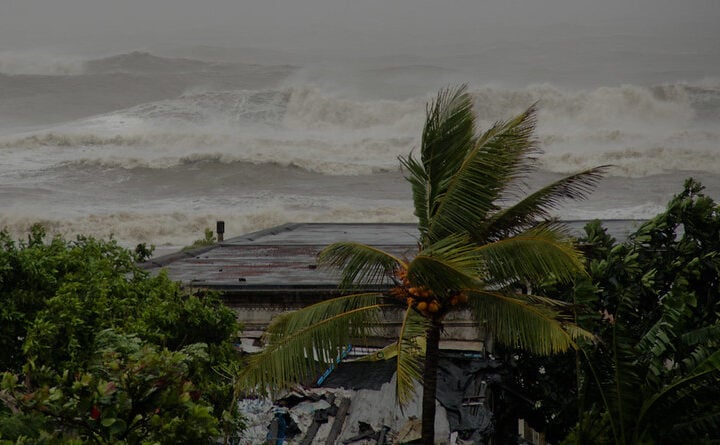In recent hours, Florida Governor Ron DeSantis sparked controversy with a law he signed. With this new legislation, the remaining guidelines of an old law that prioritized climate change in energy policy decision-making are eliminated. The move has drawn criticism from environmental sectors.
Climate change is often a topic on the agenda in the United States. Whether for or against, leaders usually express their stance on this issue and what measures should be taken. In 2008, then-Florida Governor, Republican Charlie Crist, pushed for a bipartisan-supported law that established climate change as a priority in directing energy policy.
The legislation, which had various implications, began to be dismantled with the change of government and the administration of Rick Scott in the state. Now, DeSantis has enacted a law that fully repeals what was left of that regulation. Last Wednesday, the governor signed HB 1645, which addresses the issue of energy resources, according to its own presentation.
The main point is that the idea of climate change as a priority for managing Florida’s energy policy is eliminated. Although it may seem like a mere rhetorical issue, this elimination allows for many measures that could previously be questioned for violating the law. Government authorities stated that the priority in energy policy will now be availability and costs of energy.
After being signed by DeSantis, the regulation will take effect on July 1. Given that Florida is a sensitive area to natural disasters and intense climatic events, environmental sectors consider this new policy to favor the proliferation of such events. The new law signed by DeSantis follows the line of Rick Scott, who had already dismantled the law that prioritized climate change during his tenure as governor of Florida.
Similar Post
Along with the possibility of taking measures that would have previously been questioned, the new law signed by DeSantis prevents local governments from establishing certain energy policy restrictions, according to AP. Additionally, the installation of wind energy facilities near the Florida coast is also prohibited. The measure, according to justification, “rejecting the agenda of the radical green zealots.” The law addresses three projects concerning energy sources, foreign investment, and commodities that will keep wind farms (wind turbines) away from state beaches and will serve, among other purposes, to restore sanity to our approach to energy, added DeSantis.
Thus, combating climate change ceases to be one of Florida’s priorities, a measure that sidelines the reality of rising sea levels, extreme temperatures recorded in 2023, as well as severe flooding, the presence of toxic algae, and severe weather events. In addition to banning offshore wind turbines, the measure will bolster the expansion of natural gas after it takes effect on July 1, at a time when South Florida is facing an above-average heatwave.
The legislation removes most mentions of climate change from state law and reverses much of the policies introduced during the administration of former Governor, Democrat Charlie Crist (2007-2011). Governor DeSantis called the signed bill a “we’re restoring sanity in our approach to energy” and assured that with these measures, “will keep windmills off our beaches, gas in our tanks, and China out of our state.”

















